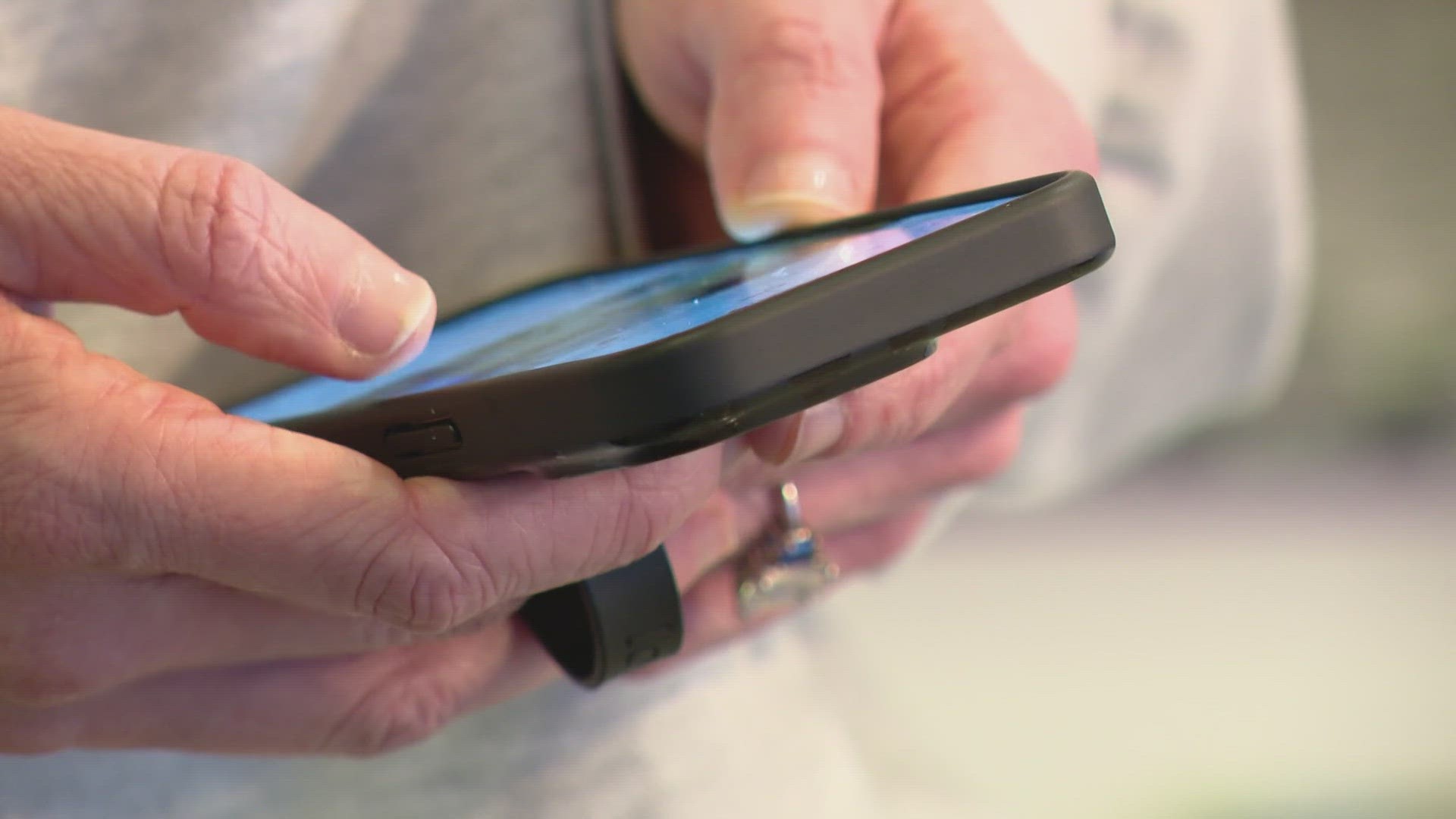INDIANAPOLIS — It happened again.
Earlier this week, deepfakes began circulating online, showing sexually explicit and abusive fake images. This time, the victim was Taylor Swift, the most famous victim of a problem tech platforms, anti-abuse groups, and even lawmakers have struggled to keep up with.
But the victims aren’t just celebrities. Far from it.
“It really makes me think about how often I post and what I want to post,” said Heather Chastain, a parent from Avon.
Chastain is concerned after hearing just how often people’s pictures and videos are being taken from social media and other online platforms and used for deepfakes.
“It’s terrifying,” she said. “I think artificial intelligence in general is terrifying.”
Just last year, police in New Jersey said a group of students used artificial intelligence to create pornographic images of their classmates.
"That's really troublesome especially when you think about images of children,” said Debbie Reynolds, a data privacy consultant.
She said AI used to be something we saw in big budget movies that required expensive, sophisticated software. But that’s no longer the case.
“Anybody can go buy a subscription or something and they can take someone's face put it on someone else's body … and they look real. And that's really the concern," said Reynolds.
Some fakes are made to be funny. There’s the video that went viral showing Arnold Schwarzenegger’s face on Judy Garland’s body singing “Somewhere Over the Rainbow.” But others are created for deeper, darker purposes.
The FBI recently warned that, more often than ever, innocent images are being used to create explicit content that is then circulated online to embarrass or blackmail or worse.
One study looked at 15,000 deepfake videos and found 96% were pornographic. And that was five years ago.


Ed Delp is a professor at Purdue University who studies how easy it is to create deepfakes, and how hard they can be to detect. We first introduced you to Delp in 2020.
Four years later, Delp told 13News, “If I had young kids today, I wouldn’t post their pictures online.”
"If we don't put a stop to this, then this is going to be something that you, your wife, your daughter, any of those people could be a victim,” said Courtney Curtis with the Indiana Prosecuting Attorney's Council.
She's pushing to make it illegal — not only to publish this kind of content but to receive it and pass it on.
Chastain said she doesn't post as many pictures anymore, and what she does post is done privately.
“I try to make sure I know who I'm friends with on all social media platforms,” she said.
Privacy experts said that's important. If you do post images online, don't accept just anyone's friend request, and try to use private messaging apps to share your pictures.
Also, be sure to run frequent online searches of your information and your children's to see what's out there, and use a reverse image search to find any photos or videos that have circulated online without your knowledge.
There are new rules for parents to ponder to protect their kids in a very new world.
"It's the wild west,” said Chastain. "And we’re all doing what we can to try to navigate it together."

